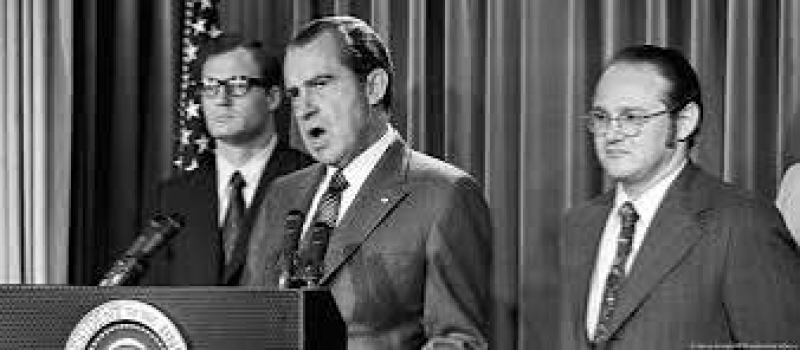- Sewage, trash, disease overwhelm displaced communities in Gaza |
- World leaders rally for ‘full-speed’ climate action ahead of COP30 |
- Chel Snakehead: A Fish That Time Forgot, Rediscovered |
- Investment Summit Touts Bangladesh’s FDI Promise |
- World Bank Cuts South Asia Growth Forecast |
US 'War on Drugs' campaign a 'clear failure' — UN

UN Special Rapporteur on the Right to Health Tlaleng Mofokeng presented her fourth independent report to the UN's Human Rights Council on Monday. In it, she analyzed the US-led "War on Drugs" and its impacts on people's well-being, while the UN High Commissioner for Human Rights called the campaign a "clear failure."
"The enforcement of drug laws and policies compounds other forms of discrimination and disproportionately affects certain individuals," she stated. "International drug control conventions have negatively affected the availability, accessibility, acceptability and quality of certain drugs used as medicines."
Addressing the issue of equality, Mofokeng said: "All stakeholders must respect people who use drugs, people with drug use disorders and people whose health and well-being is affected by drug laws and policies."
The report highlights the need to look more closely at the disproportionate negative impact that current policy has on "at-risk" groups in society that are often targeted by drug laws and the policing thereof, reports DW.
Mofokeng, who has been a special rapporteur on the right to health since 2020, said criminalization, stigmatization and discrimination posed structural barriers for those with dependencies.
"Global advocacy and high-level statements of intent must be put into action to uphold the right to dignity," she said Monday, emphasizing that, "civil society participation is key."
Her report underscores the idea that states are obliged to make decisions on evidence-based interventions that minimize adverse health risks.
'Public enemy number one' — fifty years of the 'War on Drugs' have not resolved the problem
The US-led global "War on Drugs" was declared by then President Richard Nixon on June 17, 1971. Nixon held a press conference to announce the new effort, calling drug abuse, "public enemy number one."
The announcement introduced the concept of a global campaign of drug interdiction and substance abuse treatment.
The effort saw a two-pronged effort 10 years later under President Ronald Reagan and later President George H.W. Bush. That new phase saw the increasing militarization of the campaign, as well as exceedingly harsh criminal penalties for non-violent drug offenses.
That expansive criminalization and the introduction of "mandatory minimum" sentencing in the 1986 Anti-Drug Abuse Act led to an explosion of the US prison population.
According the the US Federal Bureau of Prisons, 44.3% of all US federal inmates are incarcerated for drug offenses — roughly 13% of these for non-violent offenses.
It is estimated that the US has spent in excess of $1 trillion (€930 billion) since the "War on Drugs" was declared.
Numerous reports have concluded that the militarization of drug interdiction has in fact been counterproductive, serving instead to drive up prices, raising profits for those manufacturing, transporting and selling drugs.
Shifting perceptions and a reassessment of the 'War on Drugs'
In 2024, UN High Commissioner for Human Rights Volker Türk called the "War on Drugs," a "clear failure."
In recent years, policies have begun to shift, with substances like cannabis being increasingly decriminalized.
The opioid and prescription drug crises, too, have changed public perceptions about drug addiction, leading to the expansion of outreach and recovery programs.
Special rapporteurs and independent experts at the UN are part of the Special Procedures of the Human Rights Council, the largest body of independent experts in the UN Human Rights system.

